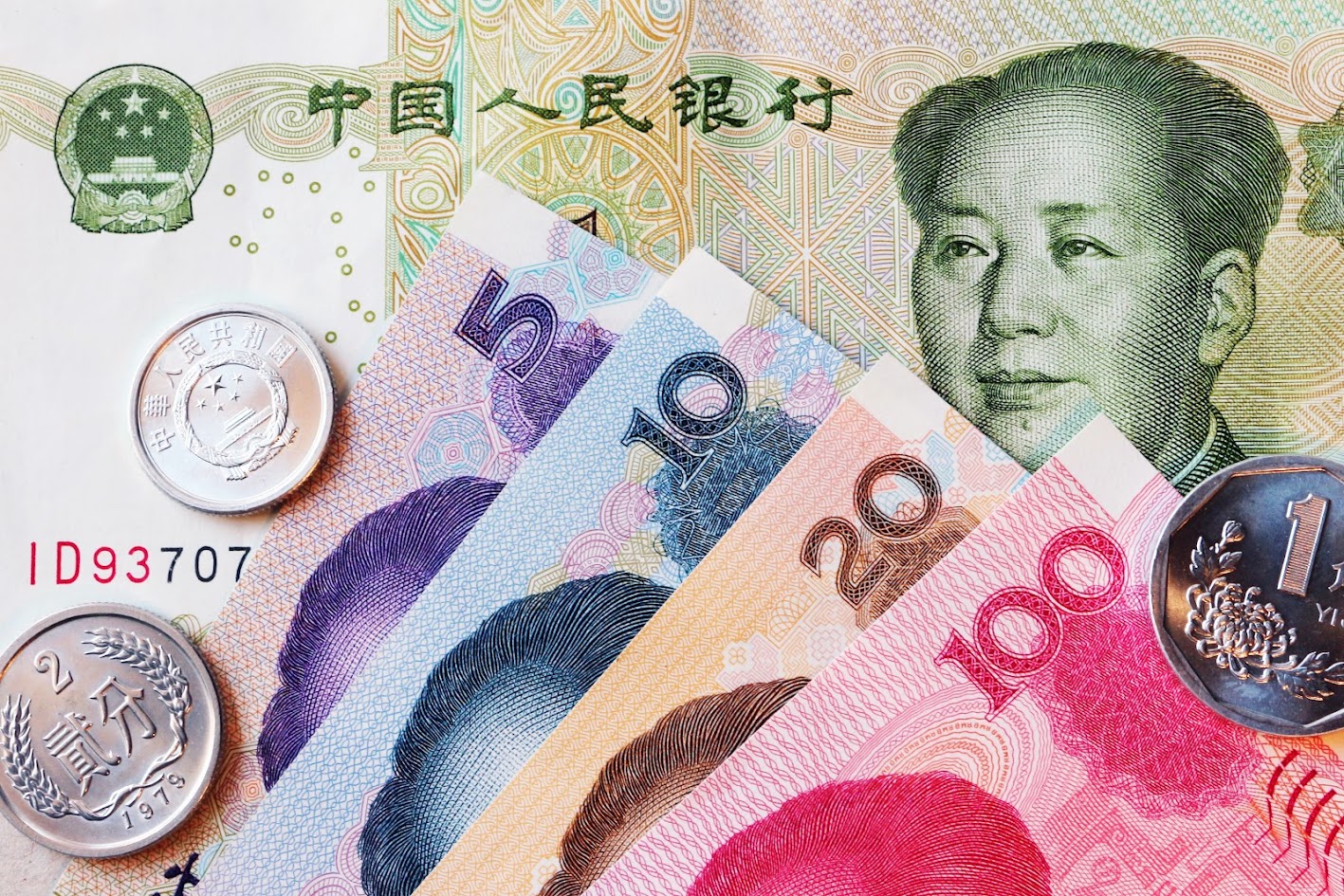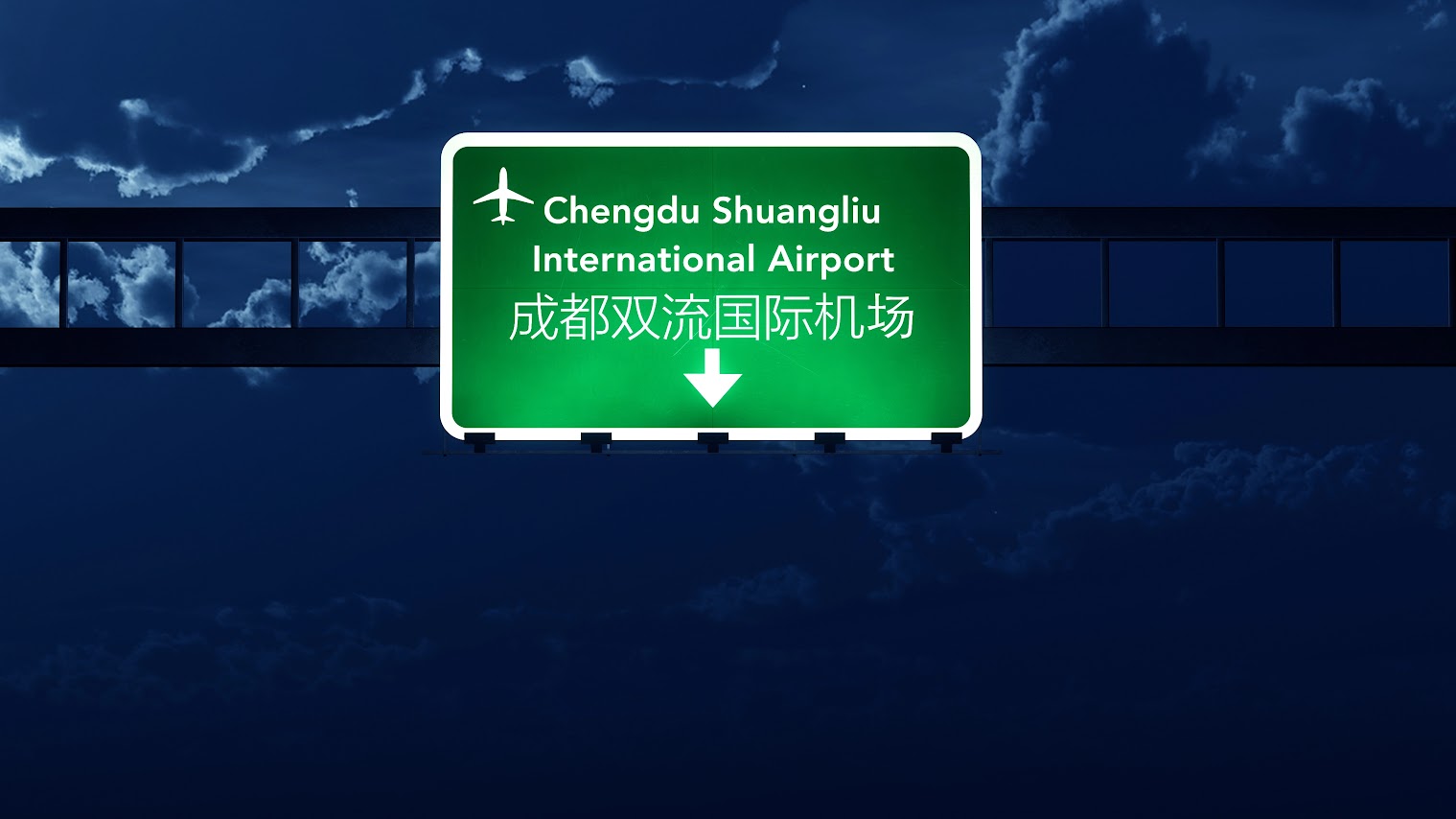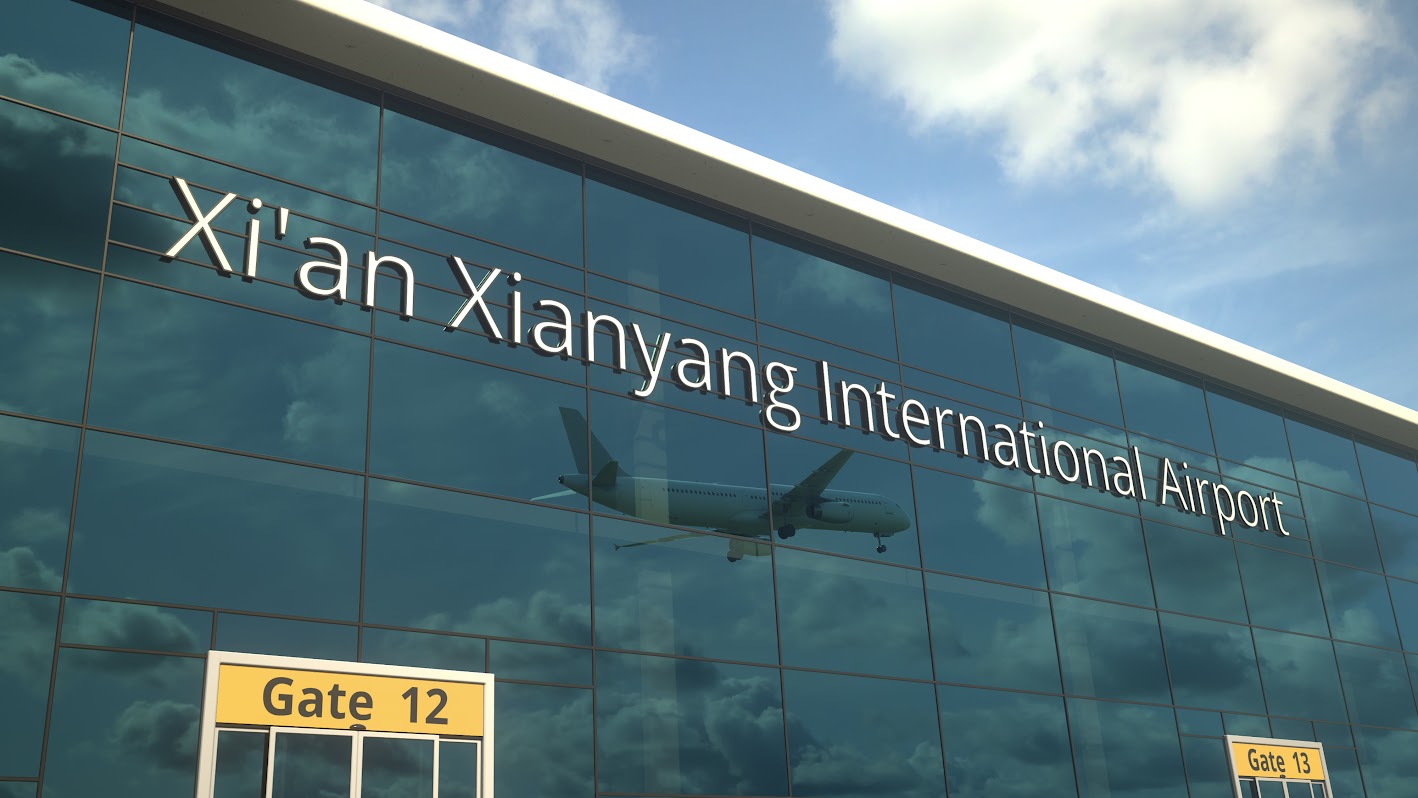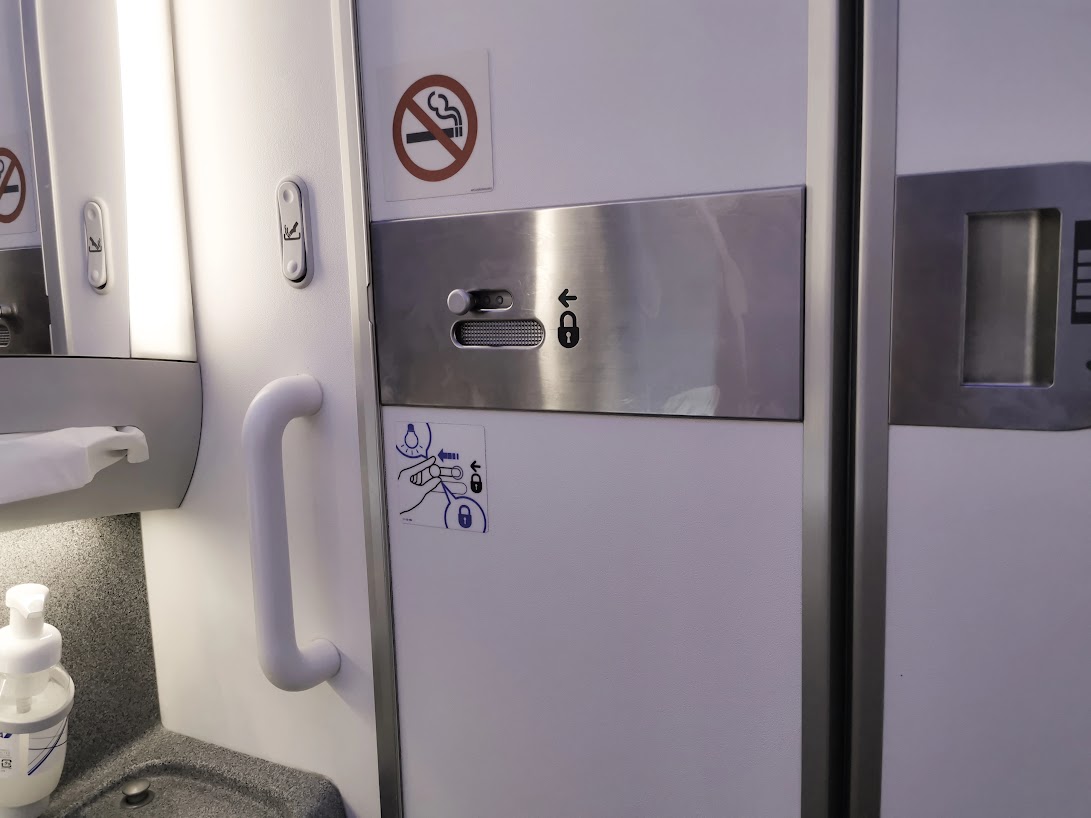
- My booking
- Online Check-in
- Flight extras
- Financial services
Departure date

Return Date
Payment Methods When Traveling to China
China attracts tourists with its stunning natural landscapes and a diverse culinary culture that spans thousands of years of history. To prepare for a fulfilling trip to China, besides planning sightseeing locations, tourists must also understand the payment methods available.

Knowing payment methods helps travelers feel more comfortable exploring China.
Let's learn with VietJet about how to pay when traveling to China and what to note when using cash in this popular country in the article below.
1. Cash Payments
1.1 What currency is used in China?
As of March 16, 2024, the exchange rate of Yuan against Vietnamese Dong is 3,482.08 VND/CNY. Banknote denominations in China include the largest denomination of 100 yuan, the smallest denomination of 1 yuan, and other denominations such as 5 yuan, 10 yuan, 20 yuan, and 50 yuan. In addition, there are smaller denominations such as 1 jiao, 2 jiao and 5 jiao that are suitable for small transactions.
The disadvantage of using cash in China is that when paying for transactions such as purchasing goods and services such as taxis, the seller often does not have small change available. Therefore, getting exact change back from these transactions can be inconvenient.
1.2 Tips on using cash in China

Cash is the payment method, but many places will not have change available to transfer to customers.
As of March 16, 2024, the exchange rate for converting Chinese Yuan (Chinese currency) to Vietnamese Dong is 3,482.08 VND/CNY. Current banknote denominations in China include the largest denomination of 100 yuan, the smallest of 1 yuan, and other denominations of 5 yuan, 10 yuan, 20 yuan, and 50 yuan. On that side there are also Yuan coins with smaller values such as 1 dime, 2 dimes and 5 dimes, suitable for smaller transactions.
The disadvantage of using cash in China is that when paying for sales or transfer services such as taxis, the seller often will not have small denominations of money available. That will be very inconvenient for you to receive back large amounts of money from the above transactions.
See more: How much money does it take to travel to China?
2. Pay with digital wallet
Payments using digital wallets are now a popular method due to their convenience and transaction speed. You can find many places that allow payment with digital wallets, from buying tickets to tourist attractions, plane tickets, trains, buses, to street food. For tourists, using digital wallets in China can be more difficult due to language barriers, registration conditions and mobile operating procedures.
Here are some digital wallet apps that travelers can explore before coming to China.
2.1 Wechat Pay
WeChat Pay is a digital wallet developed from the famous social network in China - WeChat. This is one of the most popular payment apps used by locals. Users can use it to transfer money and make transactions quickly and conveniently by scanning QR codes. Currently, WeChat Pay also supports international payments and receipts.
Adding money to WeChat is relatively simple. After registering and verifying your account, you can link your bank card, Visa, MasterCard to deposit money into your wallet. However, WeChat Pay has limitations because it does not allow linking with some international banks.
2.2 Alipay
Along with WeChat Pay, Alipay is another widely used digital wallet in China. The advantage of Alipay is that it can link with a number of foreign banks. Like other digital wallets, using Alipay is quick and convenient.

Nowadays, you can easily find QR codes to pay with e-wallets posted in front of restaurants and roadside shops in China.
Currently, Alipay also supports international accounts, suitable for tourists visiting China without having to exchange money. According to information, account holders need a Mastercard card to link with Alipay. Travelers can top up Alipay with Visa and use Alipay to pay as if they were local without needing to exchange foreign currency.
2.3. Apple Pay
Apple Pay is a payment service developed by Apple for electronic products such as iPhone, iPad, and Apple Watches. Apple Pay performs transactions via NFC wireless connection. In China, many places also accept transactions using Apple Pay.
It's important to note that travelers can only use Apple Pay on websites through Safari on iPhones and iPads compatible with the latest version of iOS or iPadOS.
2.4. Samsung Pay
Samsung Pay was launched in China at the end of March 2016. Similar to Apple Pay, Samsung Pay uses NFC technology for its payment services. In China, Samsung Pay supports in-app payments, QR code transactions, and payment cards for public transportation in cities such as Beijing, Shanghai, Guangzhou, Shenzhen, and others.
3. Bank card payment
When booking air tickets, trains, and hotels online, visitors can also use international bank cards such as VISA, Mastercard, PayPal. This method is less time-consuming as it does not require downloading a digital wallet app or converting cash. Travelers in China can pay directly without waiting or going through a third party.

From many experiences, tourists should make international connections bank cards to digital wallets rather than using them directly to save on currency exchange costs.
However, using international bank cards in China has limitations because not many places have card swiping machines or may not be compatible with your card type or bank. You will also have to pay a relatively high currency exchange fee. Additionally, for small transactions at tourist attractions or stores, using an international bank card can be difficult.
Currently, China has also created more favorable conditions for international tourists in expanding methods of paying for travel expenses. With the above methods, hopefully you will have more experience to plan and enjoy your trip to the Land of Flowers.
Don't miss the opportunity to "hunt" for 0 VND VietJet tickets to China every Friday. Find out more attractive promotions and useful travel information at:
-
Facebook: https://www.facebook.com/vietjetvietnam
-
Instagram: https://instagram.com/vietjet

 Booking
Booking
 Skyshop
Skyshop
 Hotel
Hotel
 E-Voucher
E-Voucher
 E-Sim
E-Sim
 E-Visa
E-Visa
 Buy foreign currency
Buy foreign currency
 Insurance
Insurance
 SkyJoy
SkyJoy














































































































































![[FAQ] What is the Best Time to Travel to South Korea?](https://vj-prod-website-cms.s3.ap-southeast-1.amazonaws.com/shutterstock533705653supersize-1696644100090.jpg)






















































































































































































